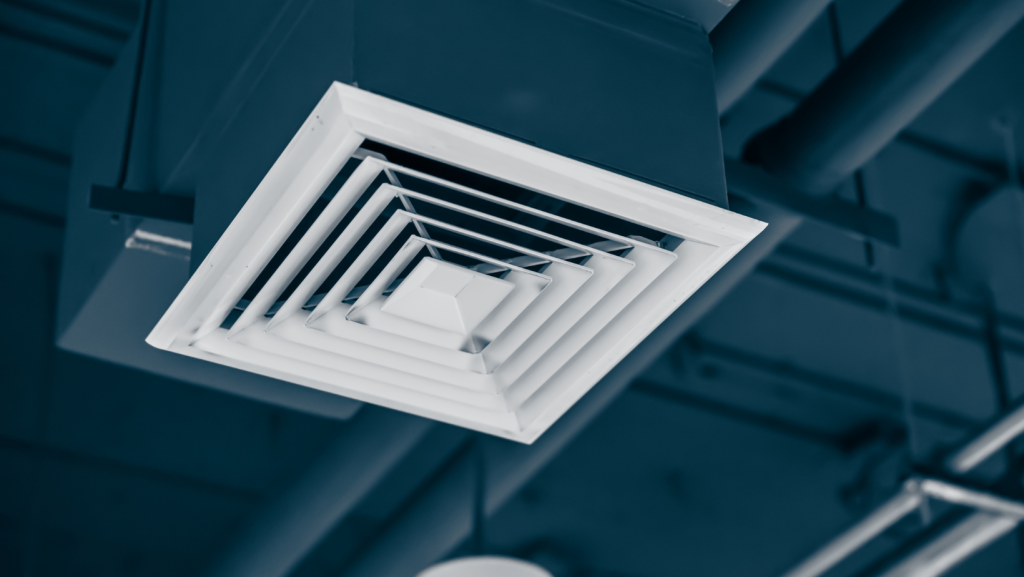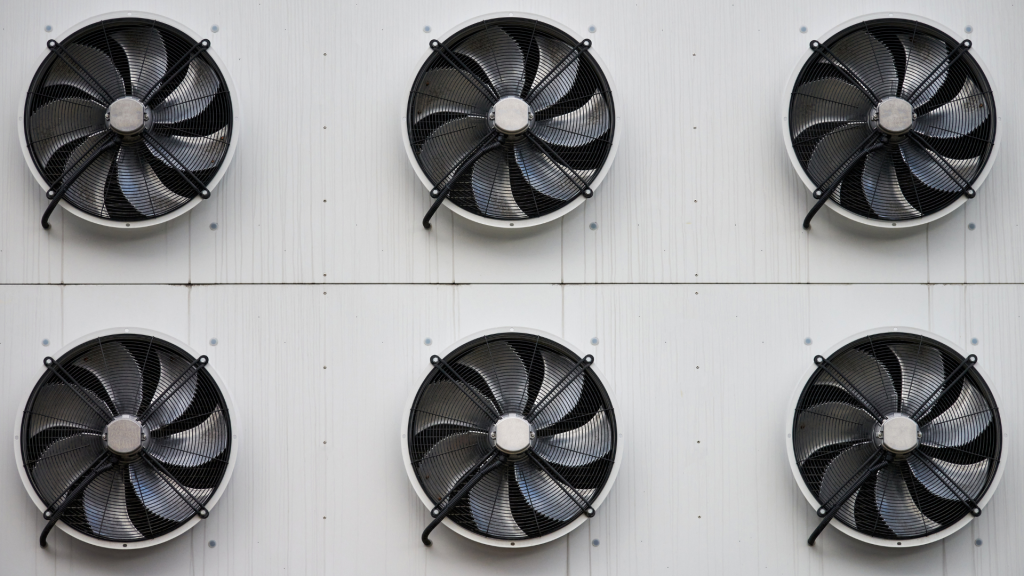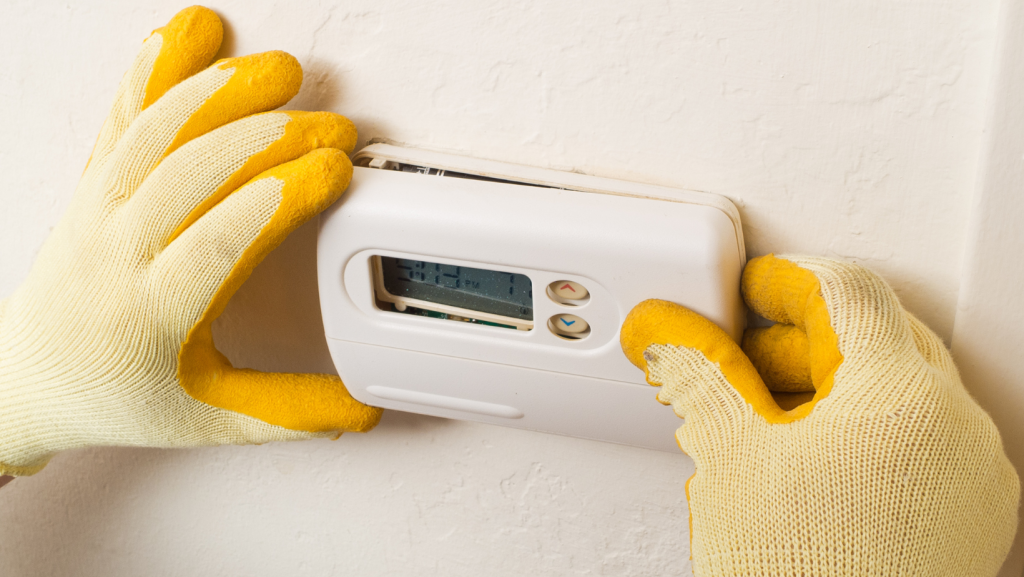What is an HVAC Register?

What is an HVAC Register?
HVAC registers are a common sight in homes and buildings, yet their purpose and function are often overlooked by the general public and property owners. So what is an HVAC register? These components play a crucial role in heating, ventilation, and air conditioning (HVAC) systems. Understanding what an HVAC register is and how it works can not only enrich your knowledge but also help you maintain an efficient and comfortable indoor environment.
Introduction to HVAC Registers
An HVAC register is essentially the faceplate or grill that you see on the floor, wall, or ceiling, with adjustable dampers to control the flow of air into a room. It’s different from a simple vent or grille in that it has a mechanism to open or close and direct airflow. These registers are where your indoor climate control system interfaces with your everyday living space.
The primary function of HVAC registers is to deliver conditioned air (heated or cooled) into a room and sometimes to return it back to the HVAC system for reconditioning. The louvers or slats that you can often adjust are there to help you direct airflow where it is needed or to reduce the flow to certain areas as desired.

Importance for Property Owners
Understanding HVAC registers is particularly important for professional property owners and managers who are responsible for maintaining optimal functioning of HVAC systems. Proper placement and adjustment of registers can have a significant impact on the energy efficiency of a building and the comfort of its occupants.
Efficient airflow contributes to even temperatures throughout the space, proper humidity control, and good indoor air quality. Neglecting this part of your HVAC system could lead to higher energy bills, uncomfortable living or working spaces, and even premature wear and tear on the HVAC equipment.
Types and Styles of HVAC Registers
There are several types of HVAC registers to accommodate different needs and aesthetics, including:
- Floor Registers: Common in residential properties, often found in rooms with forced air distribution systems.
- Wall Registers: Typically used in commercial buildings or in rooms where floor registers may be blocked by furniture.
- Ceiling Registers: Used in both residential and commercial properties, beneficial for improving air circulation and even temperature distribution.
HVAC Registers come in various styles and materials, such as metal, plastic, and wood, and can be selected to blend with the interior design of a property.
Maintenance and Care
To ensure that your registers are performing optimally, regular maintenance is crucial. This includes:
- Cleaning: Dust and debris can accumulate on and within the registers, obstructing airflow. They should be cleaned regularly to prevent this.
- Adjustment: Periodically check the angle of the slats to ensure they are directing air where it’s most needed.
- Inspection: Look for any damage or if a register is not sitting flush against the surface; this might indicate an issue that needs addressing.
Property owners should also consider the strategic placement of furniture so as not to block airflow from floor and wall registers, which can reduce efficiency.

Recognizing the role of HVAC registers in your property is key to maintaining an effective and efficient heating and cooling system. Not only do they have the power to influence comfort and energy costs, but they also contribute to the overall air quality inside the property. With regular maintenance and proper adjustment, HVAC registers can greatly improve the effectiveness of your HVAC system.
Whether you are a new property owner or a seasoned professional in property management, taking a moment to understand the details of your HVAC system, starting with registers, can lead to better management and more comfortable, energy-efficient spaces for everyone.
Takeaway Tips
- Always keep HVAC registers clean and free from obstruction for best performance.
- Adjust dampers according to season and room usage to maximize comfort and efficiency.
- If you’re unsure about the best setup for your HVAC registers, consult with a professional.
HVAC systems are an integral part of modern buildings, and the registers are their discrete yet significant components. By familiarizing yourself with these systems and how to care for them, you ensure the comfort and satisfaction of the occupants and the longevity and efficiency of your HVAC investment.

Are you ready to prioritize HVAC maintenance? Contact Level One HVAC Services today to schedule a checkup, and begin realizing the numerous benefits of a well-maintained HVAC system.
—
Be sure to trust your HVAC care to certified professionals who can ensure that every part of your system is in top working order. If you’re interested in working with us, you can reach us by phone or through our website. Our experts are happy to answer any questions you may have.
Level One HVAC has been serving the metro Detroit area for two decades, providing specialized HVAC services to commercial-industrial facilities. For more a list of happy customers please click here.
New Hudson, MI #248.486.6500
West Branch, MI #989.999.4822
- 24/7, 365 Service
- High Performance Service Agreements
- Licensed, Insured, and Certified
- 100% Satisfaction Guarantee
